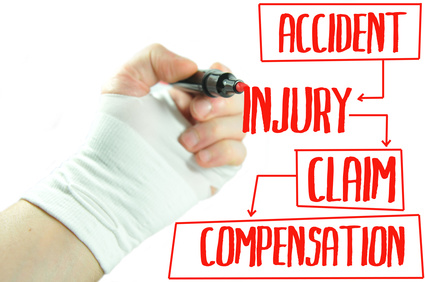|
If you live in a state that requires personal injury protection (PIP), or offers it as an option, there are several important factors to consider when deciding how much protection to purchase.
What Personal Injury Protection CoversBefore deciding on how much PIP coverage to carry, you first need to know what it protects and how it works.
PIP is often referred to as "no-fault insurance." This is because it kicks in―up to the policy's limits―regardless or not if you were the cause of the auto accident.
With it, you and your passengers are covered for: - Medical bills and related expenses.
- Lost wages.
- Collateral costs related to injuries, like child care, lawn maintenance, or travel expenses for medical treatment.
Personal Injury Protection Coverage Tips When determining how much personal injury protection coverage to carry, you should consider the following:
- If you live in a state that mandates PIP, make sure you carry, at the very least, the required minimum amounts. The following states, along with the District of Columbia, currently require PIP: Florida, Hawaii, Kansas, Kentucky, Massachusetts, Michigan, Minnesota, New Jersey, New York, North Dakota, Pennsylvania, and Utah.
- Review your current car and heath insurance coverage policies. If you have adequate protection for car accident injuries (a good health insurance plan, for instance) you won't need high amounts of personal injury protection. Otherwise, you'll be carrying overlapping policies, paying for additional coverage you don't need. However, if your coverage is lacking, you might want to supplement your health insurance with PIP.
- Do you regularly drive with passengers who are non-immediate family members, like in an office carpool or a traveling team soccer coach? If yes, you may want to purchase higher amounts of PIP coverage, especially if you know some of the passengers are either uninsured or underinsured. PIP will provide blanket medical coverage―within the determined limits, of course―for you and your passengers.
- If you're middle aged or older with extensive insurance coverage, you won't need heavy amounts of PIP coverage. Conversely, if you're young with limited health insurance, you'll want higher amounts of PIP coverage. This bears especially true if you're a young parent.
|